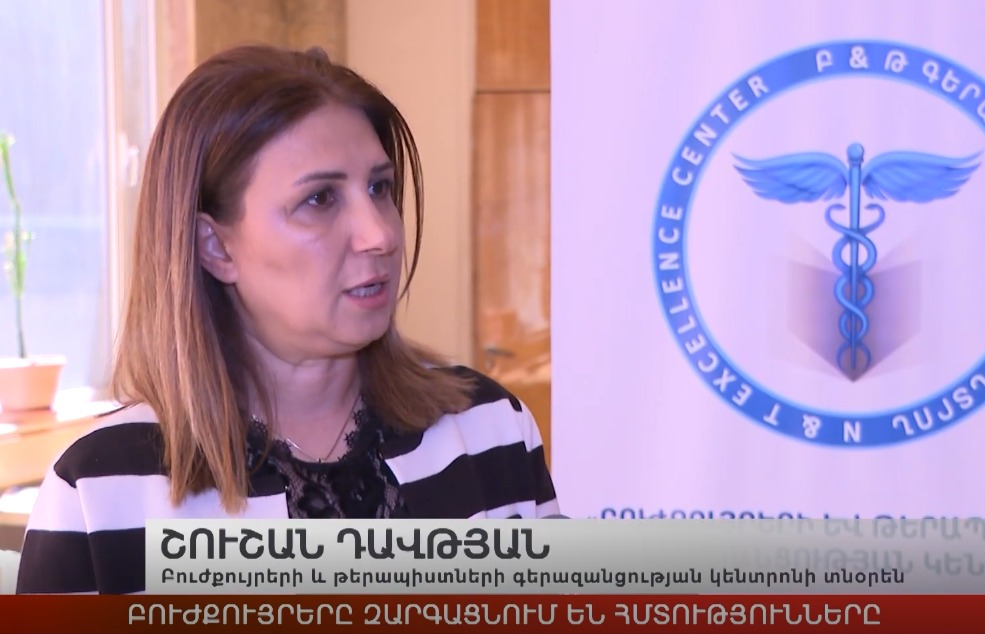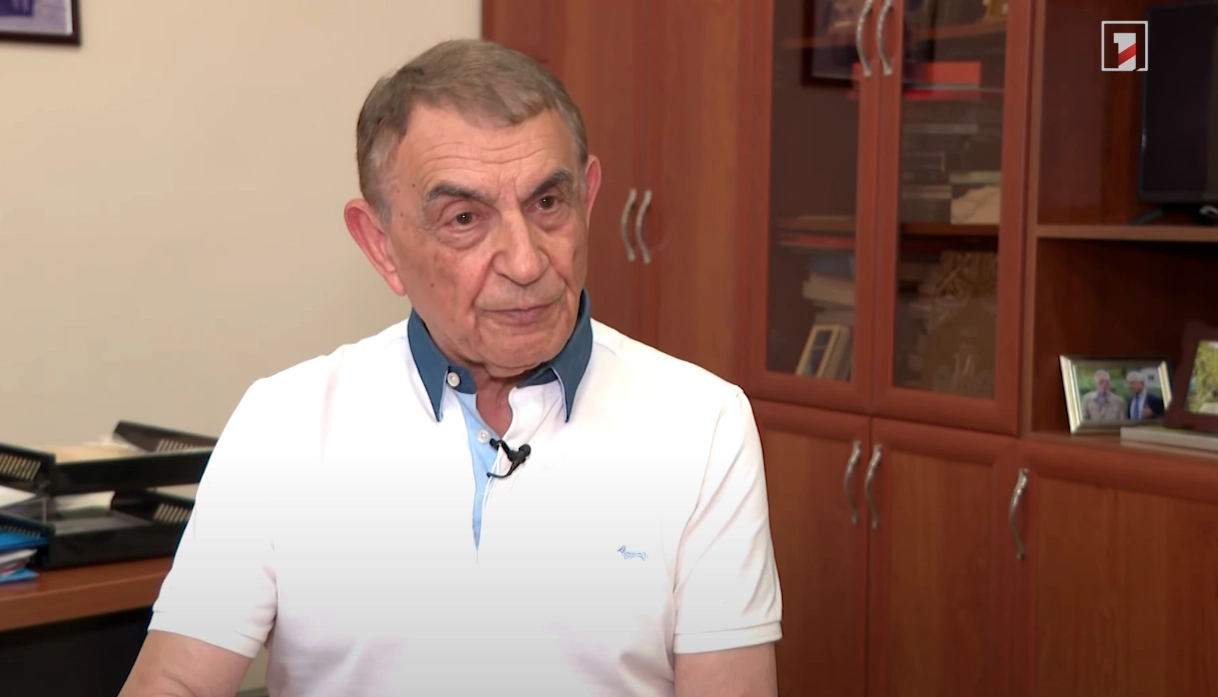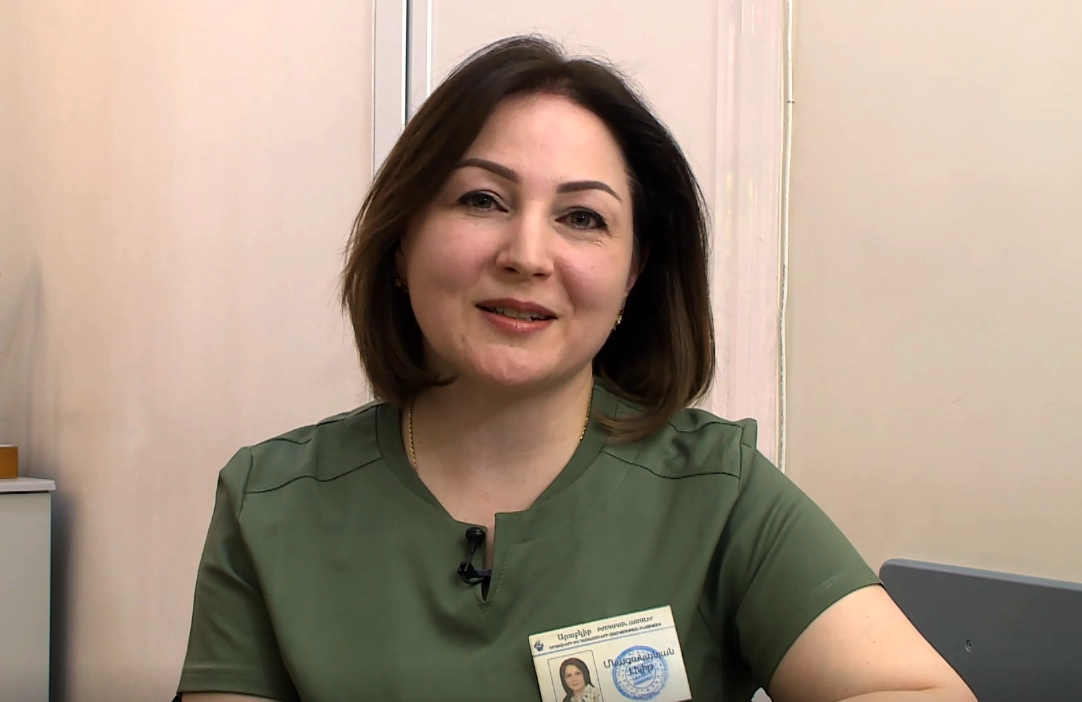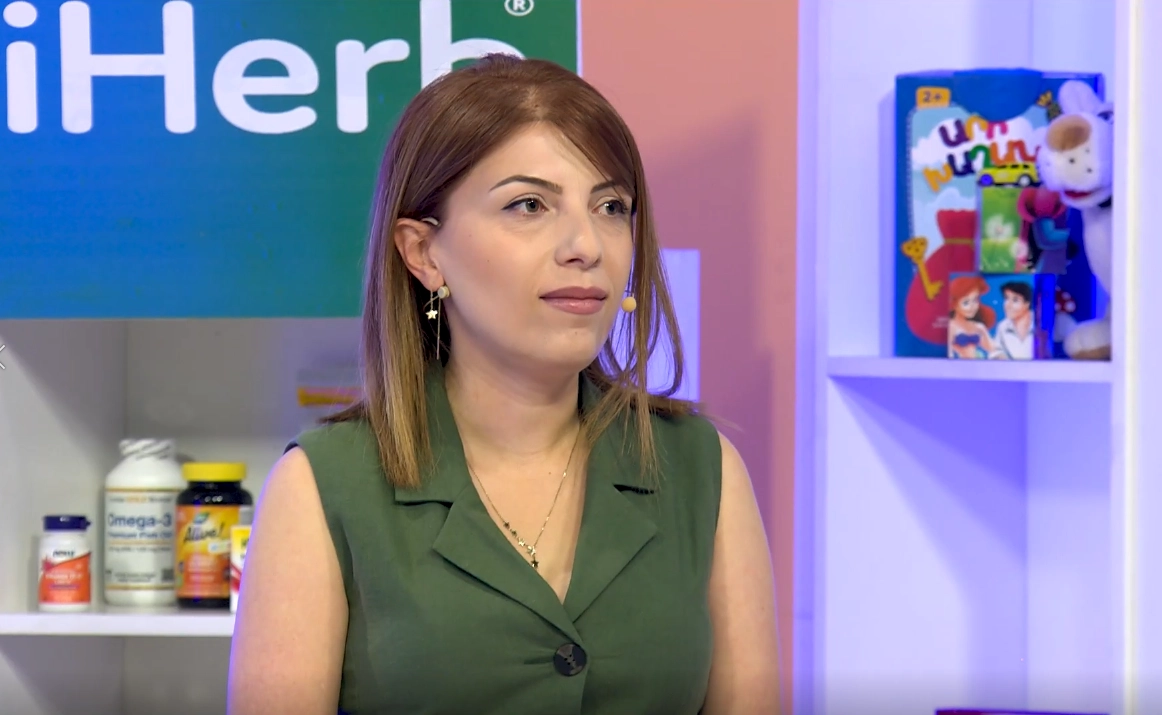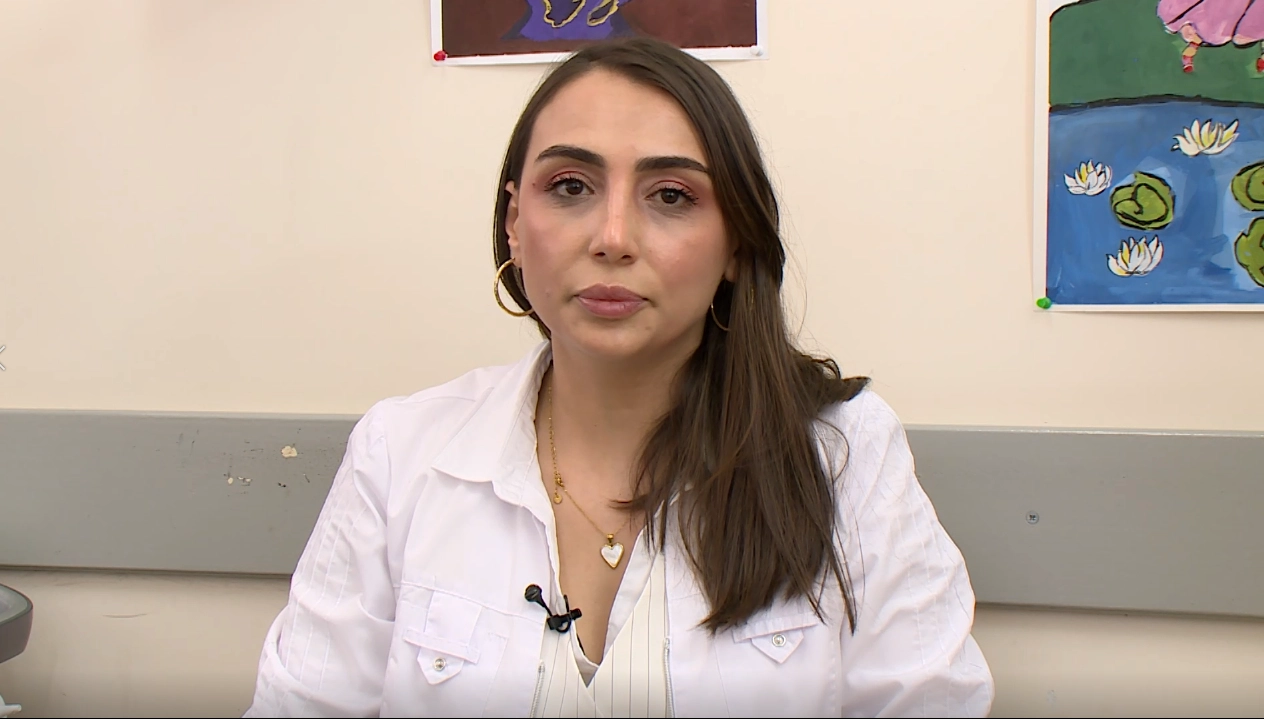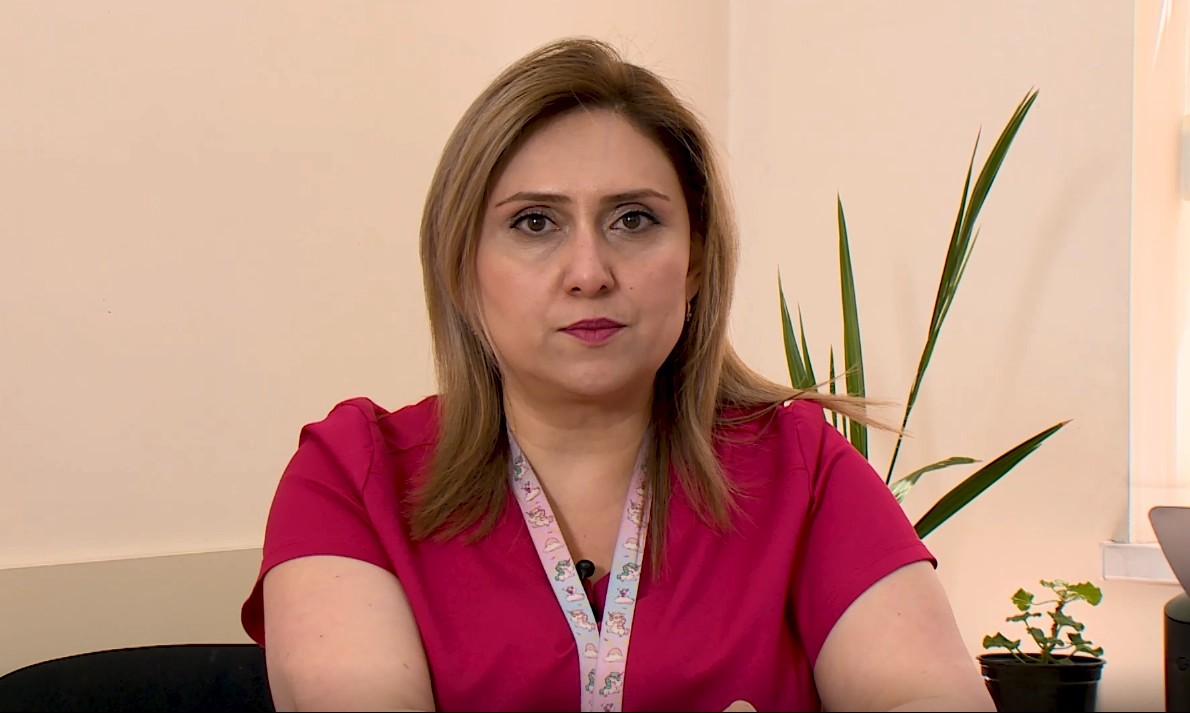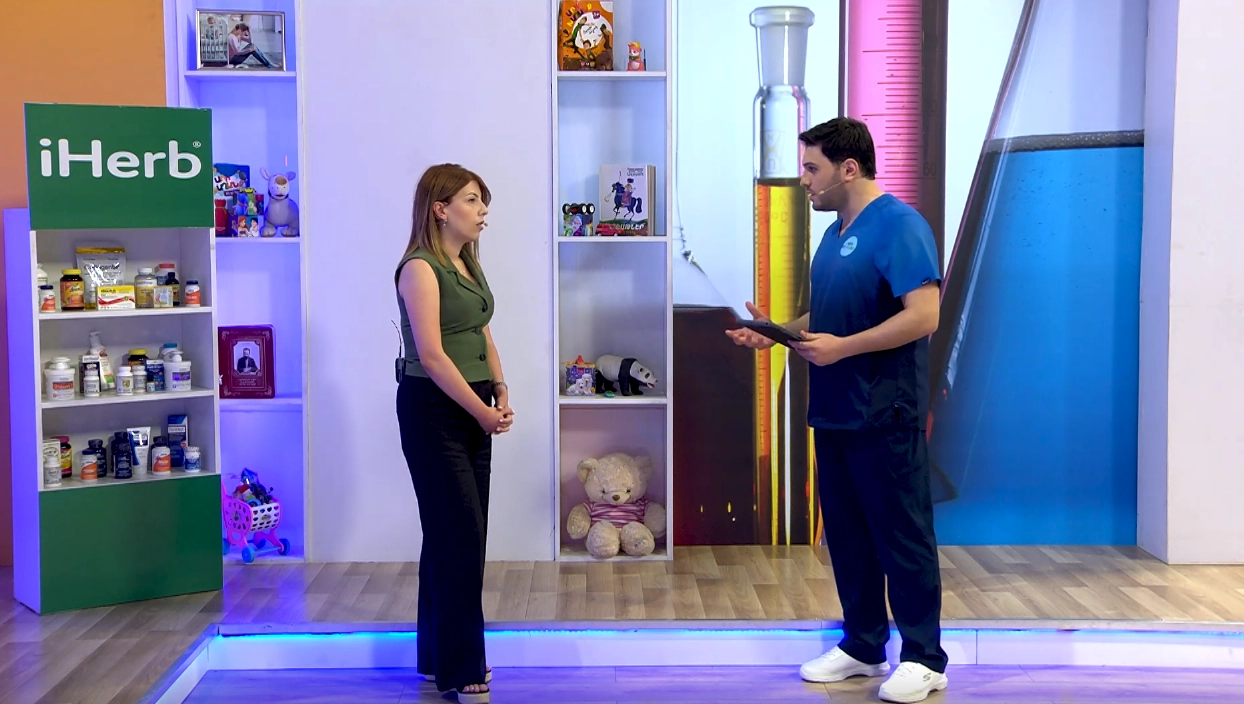On the occasion of Nurses' Day, we highlight the programs of the Center for Excellence in Nursing and Therapy․
The professional nursing team at the "Arabkir" Medical Center—one of the largest in the country—is committed to continuous professional development. They not only undergo regular retraining but also train their colleagues, staying true to the principle that lifelong learning is essential in medical practice.
Watch the coverage by the Public TV Company’s News program.
- “We perform chest compressions with two fingers — 100 to 120 compressions per minute.”
With this reminder, the resuscitation instructor guides nurses through key steps to restore heart function in infants during emergency scenarios.
This scene is part of a professional development course for staff from pediatric resuscitation, intensive care, and hemodialysis departments. The course is organized by the Nursing and Therapists Excellence Center, where continuous learning is prioritized in response to ongoing advances in medical practices and technologies.
Shushan Davtyan, Director of the Center, explains: “This is a continuing professional development course accredited by the Ministry of Health of the Republic of Armenia. Currently, around 45 nurses are participating in three different programs. We have attendees from various pediatric hospitals in Yerevan and the regions. The regional component is implemented with the support of the Fund for Armenian Relief.”
These 24-day courses include both theoretical instruction and hands-on simulation-based training. The initiative was inspired by early collaboration with the Swiss Semra Foundation, which helped train the Arabkir Medical Center nursing staff years ago. That experience revealed the broader national need to challenge outdated views — that nurses are only responsible for administering injections or carrying out physicians' orders — and to highlight their central role in patient care.
Naira Avetisyan, Chief Nurse at Arabkir Medical Center and Head of Programs at the Center, highlights: “These courses are also designed to strengthen interdisciplinary collaboration, reinforce professional ethics, and — most importantly — emphasize the autonomous role of the nurse.”
Among the current group are nurses from Talin, Spitak, and Vayots Dzor, who were sent by their hospitals. Others, working in clinics across Yerevan, are attending on their own initiative to earn continuing education credits. Participants practice skills on mannequins in simulation labs and later apply them in real-life clinical situations.
Lena Hovhannisyan, a nurse from the intensive care unit of Vayots Dzor Medical Center, shares: “I’ve been a nurse for 40 years, but I’ve only recently moved into intensive care. We’re learning cardiopulmonary resuscitation, how to work with monitors, defibrillators, and provide artificial respiration.”
Luiza Chvchyan, a nurse from the neonatal resuscitation unit at Erebuni Medical Center, adds: “I’ve been working in neonatal resuscitation for about a year. I try to attend every seminar like this — it’s incredibly helpful.”
Inside the simulation classroom, nurses are challenged to perform life-saving resuscitation techniques on patient models of different ages — a high-pressure but safe environment to build confidence and refine skills.
Throughout the year, the Center will expand its offerings to include specialized trainings for anesthesia nurses, X-ray technicians, and others. It will also conduct periodic courses on emergency response procedures for cardiopulmonary insufficiency and short interventions requiring injections — ensuring that every healthcare professional remains ready to act when every second counts.

 English
English
 Հայերեն
Հայերեն Русский
Русский